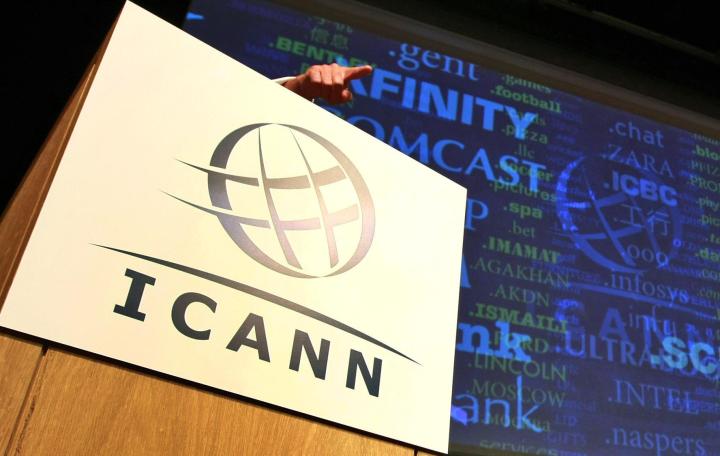
The move marks an end to a nearly two decade long effort by the organization to become a separate entity. It first gained the ability to set its own agenda and no longer have to report its activities to the US Government in a September 2006 agreement. There were several false starts over the years, including most recently in October of this year, but it now appears that everything is set for ICANN to be fully independent.
The new method for ICANN governance is a “multi-stakeholder model,” meaning its board will be comprised of members from a wide array of professions, including academia, government officials, and industry representatives. Chief executive Fadi Chehade claims measures are already in place to prevent any one group or entity from grabbing control of ICANN.
The idea of foreign governments colluding in some type of hostile takeover is something opponents of an independent ICANN have brought up in their criticisms of any independence plan.
Chehade suggests that those opponents overplay the US’ true role. The organization’s sole purpose is to ensure the system of domains work in a consistent manner, not as some type of policeman controlling the Internet’s actual functioning. He also said the US Government really was never involved in decisions, just ensuring ICANN followed set procedures.
“It’s important symbolically because the US was really a steward for the Internet, but for day-to-day accountability, it is minimal,” he told Agence France-Presse in an interview this week.
Even with those statements, Chehade still expects more hearings to take place in Washington, and to continue hearing complaints that the US Government is somehow “giving the Internet away.” While he understands the concerns of detractors, he maintained that the US’ role in ICANN was merely symbolic, and September’s move is something that should have happened a long time ago.


